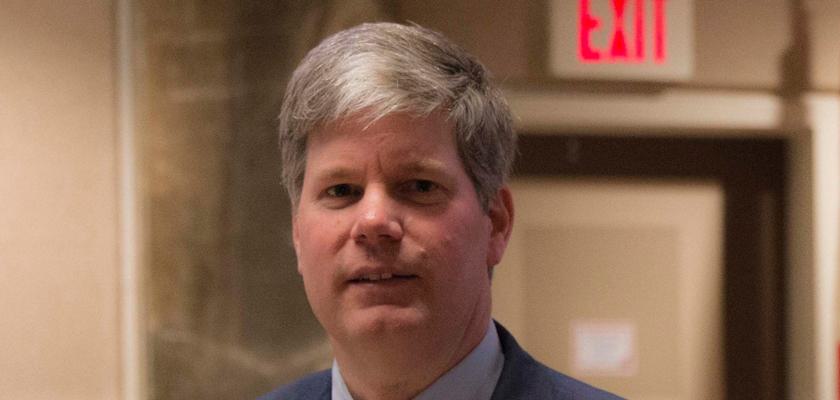Candidates and poll watchers may soon no longer be able to assist people with voting in municipal elections after House Bill 239 (HB239) moves through the House.
Under Alabama law, a person who desires to become a poll watcher must fill out an application with the Secretary of State. Poll watchers are usually assigned by a candidate, political party, or political organization to observe polling locations and report any safety or security concerns. Poll watchers are not considered impartial observers, hence the application process.
Poll watchers and candidates are currently not prohibited in municipal elections from helping voters who may have physical disabilities, illiteracy issues, or technical limitations requiring assistance in voting. in municipal elections. Many have speculated that allowing partisan individuals access to others’ ballots could open the door for potential voter fraud.
HB239, introduced by Rep. David Faulkner (R- Birmingham), seeks to ban certain persons from assisting voters at polling locations.
The bill passed the House with a vote of 79-21 and will go to a Senate committee for deliberation.
“This is merely prohibiting the certified poll watchers, who are there for a party or candidate, from assisting or filling out a ballot,” Faulkner said.
The bill stipulates that any individual voter who desires assistance in voting may receive assistance from any individual the voter chooses except the voter's employer, an agent of the employer, a candidate, a poll watcher, or an officer or agent of the voter's union. Currently, non-municipal elections contain these restrictions. According to Faulkner, the bill would create uniformity with municipal and non-municipal elections.
The bill would not prohibit friends, family, poll workers, or any other person from assisting a voter with their ballot. Anyone on the ballot may not help a person vote unless they are immediate family members.
Rep. Wes Allen (R-Troy) thanked Faulkner for bringing the bill, citing his experience as a probate judge.
There will still be requirements for those seeking assistance in voting. Both the voter and assistant will have to fill out a paper called a poll list. By signing the poll list, the assistant certifies they are not the voter's employer, an agent of the employer, a candidate, a poll watcher, or an officer or agent of the voter's union. If the voter is unable to sign the poll list, the individual providing assistance shall write the voter's name in the appropriate column and then sign their name in the third column.
Whether it be a poll worker, friend, or family member of the voter, no one may be in the voting booth when the person votes.
Rep. Mary Moore (D-Birmingham) opposed the bill, saying she believed it communicated that the legislature thought Alabamians were dishonest.
“It seems that the theme of the day is, nobody is honest In Alabama, nobody has any moral convictions in the state of Alabama, so we have to continue to bring these bills,” Moore said. “That sounds like the only people who know what’s right are the people in this body, and all of the people that we represent, they are ignorant to everything. That’s the message I get out of it.”
Rep. Arnold Mooney (R-Birmingham) spoke in favor of the bill.
“Most of all, what I’m thankful for is that [Faulkner is] attentive to the fact that we need to assure the citizens of our state about the integrity of our elections,” Mooney said. “In this process, you are conforming city, county, and state activities together in this effort. I appreciate that.”
To connect with the author of this story, or to comment, email craig.monger@1819news.com










